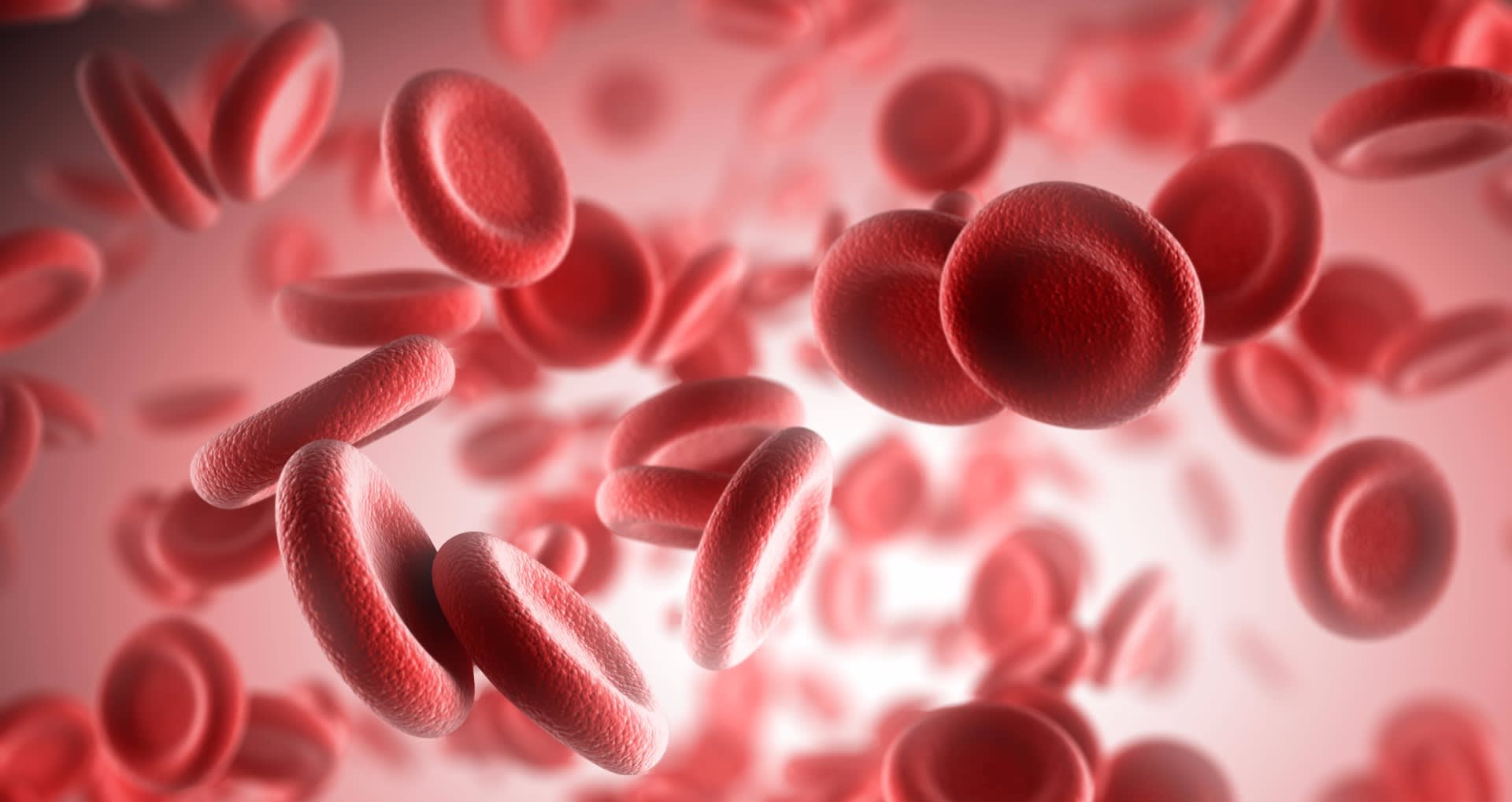
Nourish Balance Thrive
$575 AUD
A comprehensive metabolic panel and cardiovascular screen which includes a deep dive into your lipid profile, a full blood exam, lipid profile, liver and kidney function check, and iron studies.
What's included
Full blood count with differential
The full blood count is used as a broad screening test to check for such disorders as anaemia (decrease in red blood cells or haemoglobin), infection, and many other diseases. It is actually a group of tests that examine different parts of the blood. Results from the following tests provide the broadest picture of your health.
The full blood count measures
Kidney Function
A blood test is used to find out the level of waste products in your blood and calculate what’s called your estimated glomerular filtration rate (eGFR).
This kidney function test measures:
Liver Function
Your liver processes drugs and alcohol, filters toxic chemicals, stores vitamins and minerals, and makes bile, proteins and enzymes. This liver function test examines enzymes and other markers for evidence of damage to your liver cells or a blockage near your liver which can impair its function.
This liver function test measures:
Iron Studies
Iron deficiency is the most common nutritional problem in Australia. It slows your body’s production of haemoglobin, which your red blood cells need to pick up oxygen from your lungs and carry it to every cell in your body. If you have a shortage of iron you experience symptoms of anaemia, which include feeling breathless after little exercise, feeling tired, heart palpitations and looking pale.
Metabolic
Blood glucose is generated from carbohydrates and to use this fuel for energy your body needs insulin. With type 2 diabetes the cells either ignore the insulin or the body doesn't produce enough of it. Glucose then builds up leading to problems with the heart, kidneys, eyes, nerves, and blood vessels.
Inflammation
The link between low-grade inflammation and chronic disease is widely recognised. Research indicates that following an anti-inflammatory diet may help fight off inflammation.
This blood test measures:
Bone Health
Calcium and vitamin D play a critical role in maintaining bone health. When you don’t get enough calcium, you increase your risk of developing osteoporosis and stress fractures. This blood test measures your total and corrected calcium levels, your vitamin D levels, and also checks for gout.
Cholesterol
Lipids and cholesterol are fat-like substances in your blood. Some are necessary for good health, but when you have a high level of cholesterol in your blood, a lot of it ends up being deposited in the walls of your arteries and other vital organs. Lifestyle choices including diet, exercise and alcohol intake can all influence cholesterol levels and your risk of developing heart disease.
Large LDL
Large LDL particles (LDL-1 and LDL-2) are larger and more buoyant, meaning they are less likely to penetrate arterial walls and form plaque. Higher levels of these subfractions are generally viewed as less atherogenic and may reflect a more favourable lipid profile. Larger, less dense particles transport cholesterol efficiently without easily contributing to arterial blockage.
IDL
These intermediate LDL fractions represent particles in the middle of the size and density spectrum. A balanced distribution across these mid subfractions is considered normal, while higher proportions may reflect shifts toward smaller, denser LDL particles, which are more strongly linked to atherosclerosis.
Small Dense LDL
Smaller, denser LDL particles (LDL-3 to LDL-7) are more reactive and inflammatory, making them more prone to entering the arterial wall and promoting plaque formation. Elevated small dense LDL is associated with a higher risk of heart disease, even when total LDL cholesterol appears normal. These particles indicate increased cardiovascular risk, especially when combined with insulin resistance, high triglycerides, or low HDL cholesterol.
Lipid Subfractions Summary
Test instructions

Download and print your pathology form from your i-screen dashboard.

Fast from all food and drink (other than water) for at least 8 hours, and no more than 12 hours prior to your test.

Take your form to one of our affiliated collection centres to have your sample taken.
Ready. Set. Go!
for $575
You may also be interested in
Blood Chemistry Check
45 tests included
$135 AUD
A comprehensive metabolic panel which includes a full blood exam, lipid profile, liver and kidney function check, and iron studies.